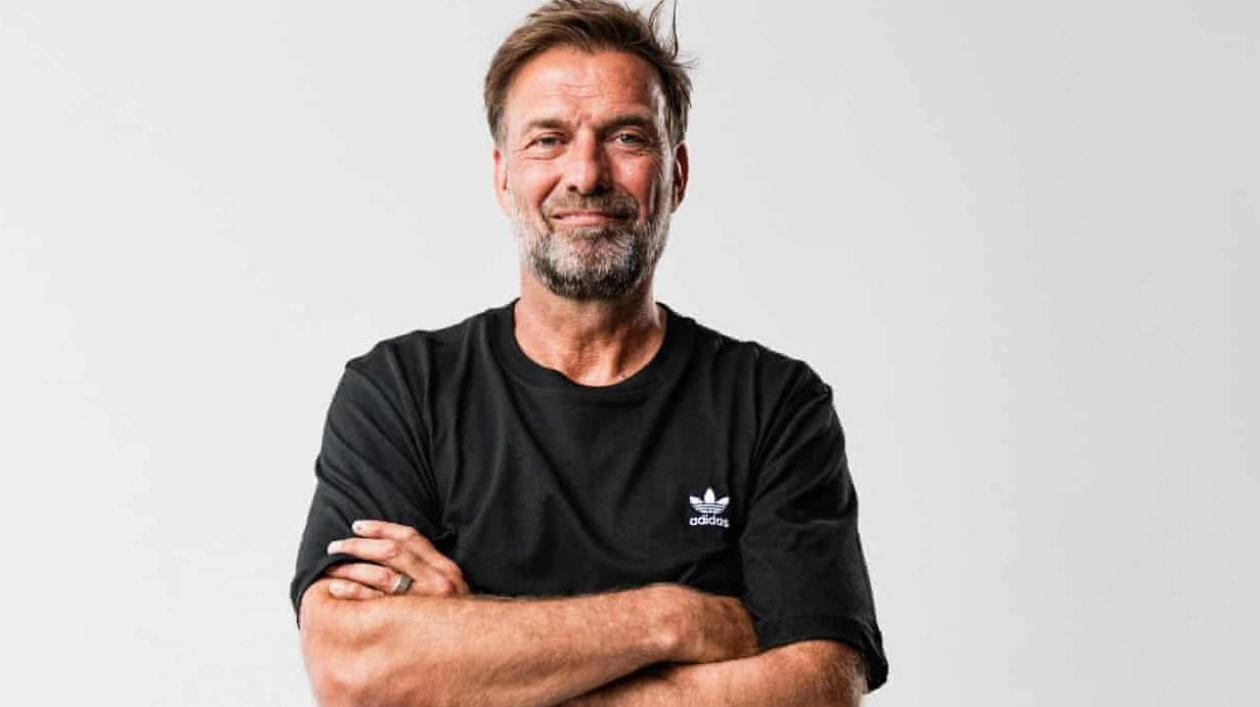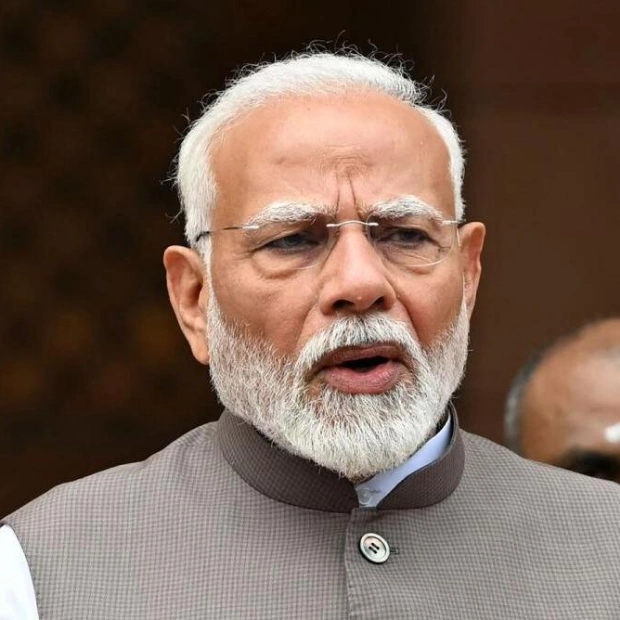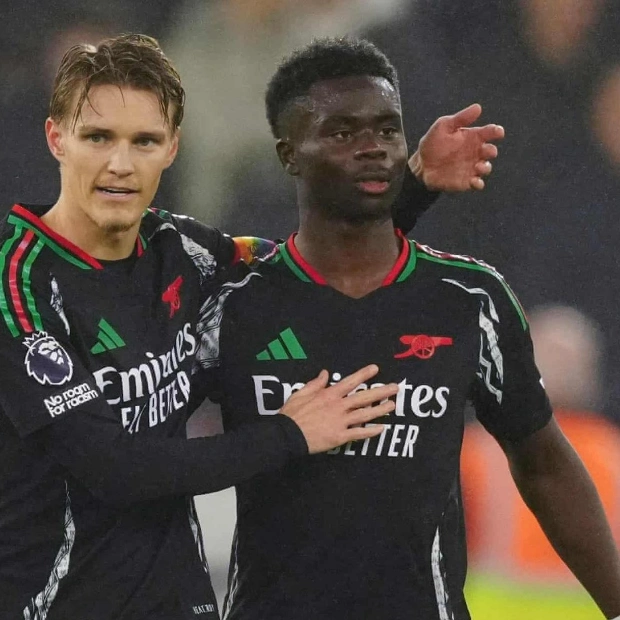Say it ain’t so, Jürgen. Say it ain’t so. Last January, Liverpool’s then manager Jürgen Klopp stunned the football world by releasing a video announcing his departure from Anfield at the end of the season. Klopp cited his “running out of energy” as the reason, which, in a way, made his subsequent move to Red Bull less surprising. However, the revelation that this seemingly grounded, if occasionally grumpy, German has become another corporate sell-out is deeply disappointing. “I know how much the Red Bull idea is criticised by traditionalists and I’m one of them too,” he said two years ago, when he was still seen as a man of the people who understood football fandom and culture.
Now, from 1 January, this traditionalist will be closely associated with Red Bull, feeding off the steady stream of euros and caffeine-infused, sickly-sweet products. Having seemingly shed any distaste for a multi-club ownership model where clubs like Austria Salzburg or SSV Markranstädt are bought against the wishes of their supporters and rebranded to boost Red Bull’s visibility, Klopp is now openly dismissing fans who once held him in high regard. He seems thrilled about his new role as head of football at some of the most disliked, plastic clubs on the planet.
“After almost 25 years on the sideline, I could not be more excited to get involved in a project like this,” he said. “The role may have changed but my passion for football and the people who make the game what it is has not.” For “making the game” read: buying teams’ licenses, changing their colors and founding dates, and plastering them with Red Bull logos, against the fans’ wishes. Unlike Mainz and Borussia Dortmund, who have always considered themselves above such vulgarity and thought Klopp was on their side, their former idol made no effort to justify his sudden change of heart.
In other news, Klopp has a get-out clause that allows him to apply for the Germany job once Julian Nagelsmann leaves. Given their well-documented social conscience and anger towards clubs taking sponsorship from firms or nation states they dislike, it remains to be seen whether fans will want him in that role. “Members of the media and fans are thinking that Klopp has destroyed his legacy,” said German football journalist Constantin Eckner, while Kicker referred to the 57-year-old’s new role as a “dagger in the heart for football romantics.” In the current era of state takeovers, ticket-price gouging, gambling advertising, and FIFA’s endless shenanigans, football romantics at the elite level are becoming obsolete. Now, they’ve lost another man, but the mental gymnastics performed by Klopp’s supporters to justify his decision will make for an interesting read.






